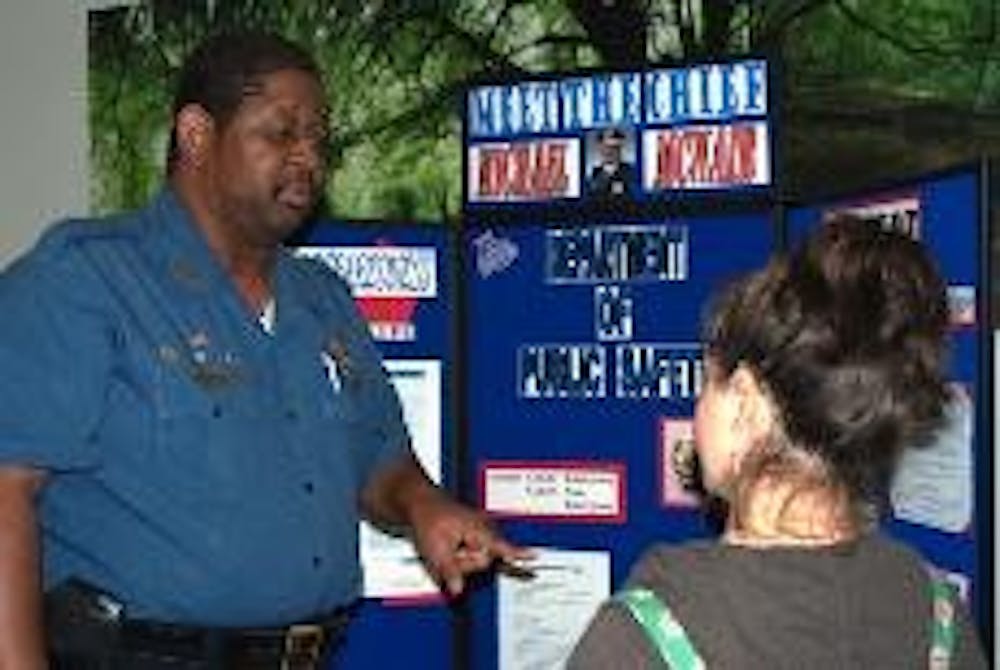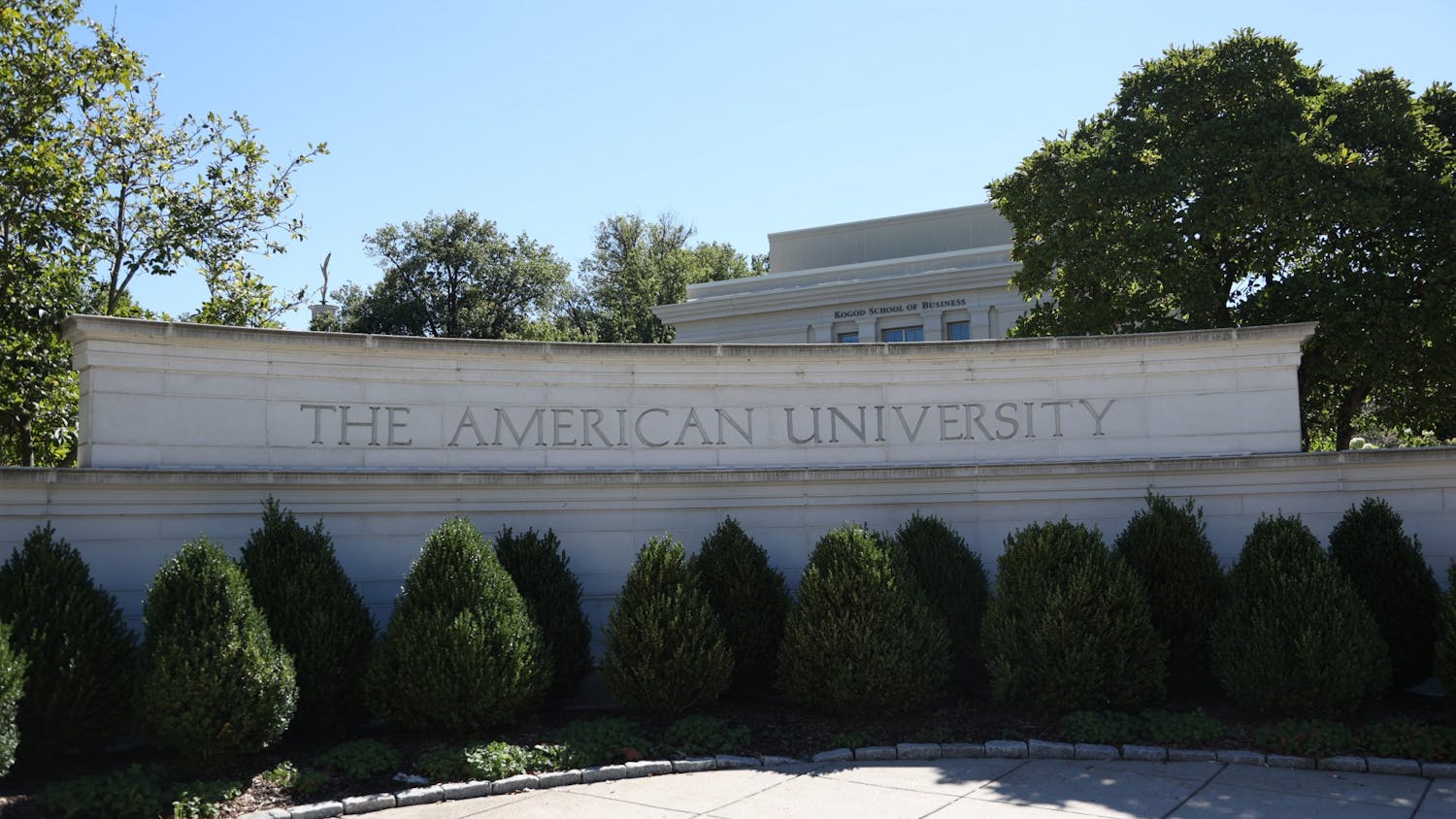Public Safety Chief Michael McNair met with students on three occasions over the past week to encourage them to prepare themselves for the possibility of an on-campus emergency.
The main purpose of the sessions was to encourage more members of the AU community to sign up for the Alert DC text message program, according to McNair.
"When I looked at the numbers, we only had 1,911 signed up," he said. "I would like to get the numbers much higher than that."
The Alert DC program, run by the D.C. government, sends text messages about potential emergencies to those who have signed up. Alerts are about severe weather, public transportation problems or terrorist threats, according to the D.C. government's Web site.
AU Public Safety can use the system to send campus-specific advisories to members of the AU community, McNair said.
"This is a system that many other schools ... have had to pay thousands of dollars for," he said. "The government is allowing us to use it without charge."
McNair held three "Meet the Chief" sessions outside the entrance of the Terrace Dining Room, where students could stop by to introduce themselves, ask questions about emergency preparedness and grab free lanyards and pens.
In response to students fears of being unprepared in the event of an emergency, McNair said building marshals receive training to handle the situations and will help supervise any building evacuations.
"It's not practical to try to train 11,000 [people] on what to do in an emergency," McNair said. "It's more practical to train the people who are responsible for getting them from one place to the other."
Some students and faculty members said they are still unsure of what to do in the event of an emergency.
"There was some discussion about [the Alert DC program] at new faculty orientation, but it was only in response to a question from another faculty member, so it wasn't really outlined in detail," Angie Chuang, a School of Communication professor, said. "It would have been nice during orientation to have somebody just walk through [an emergency plan] step by step."
Sarah Levy, a junior in SOC, said she doesn't think she's prepared for an emergency but she'd probably rely on the university's instructions.
"I think they've taken note of mistakes that other schools, like Virginia Tech, have made and taken precaution to make sure they don't make the same mistakes," she said.
Public Safety is looking at other ways to increase emergency preparedness, McNair said.
The April shooting at Virginia Polytechnic Institute and State University resulted in the review of the university's emergency plan to ensure the same mistakes would not be repeated in the event of a similar situation at AU, he said.
Public Safety held an active shooter drill in June in conjunction with the Metropolitan Police Department and will probably hold another such exercise in the next six or seven months, McNair said.
In addition, McNair said he plans to hold "tabletop exercises" with staff in which they will be given a hypothetical situation and discuss what they would do if it actually occurred.
Students can review the university's emergency preparedness resources at www.prepared.american.edu or sign up for the Alert DC text program at textalert.ema.dc.gov.





